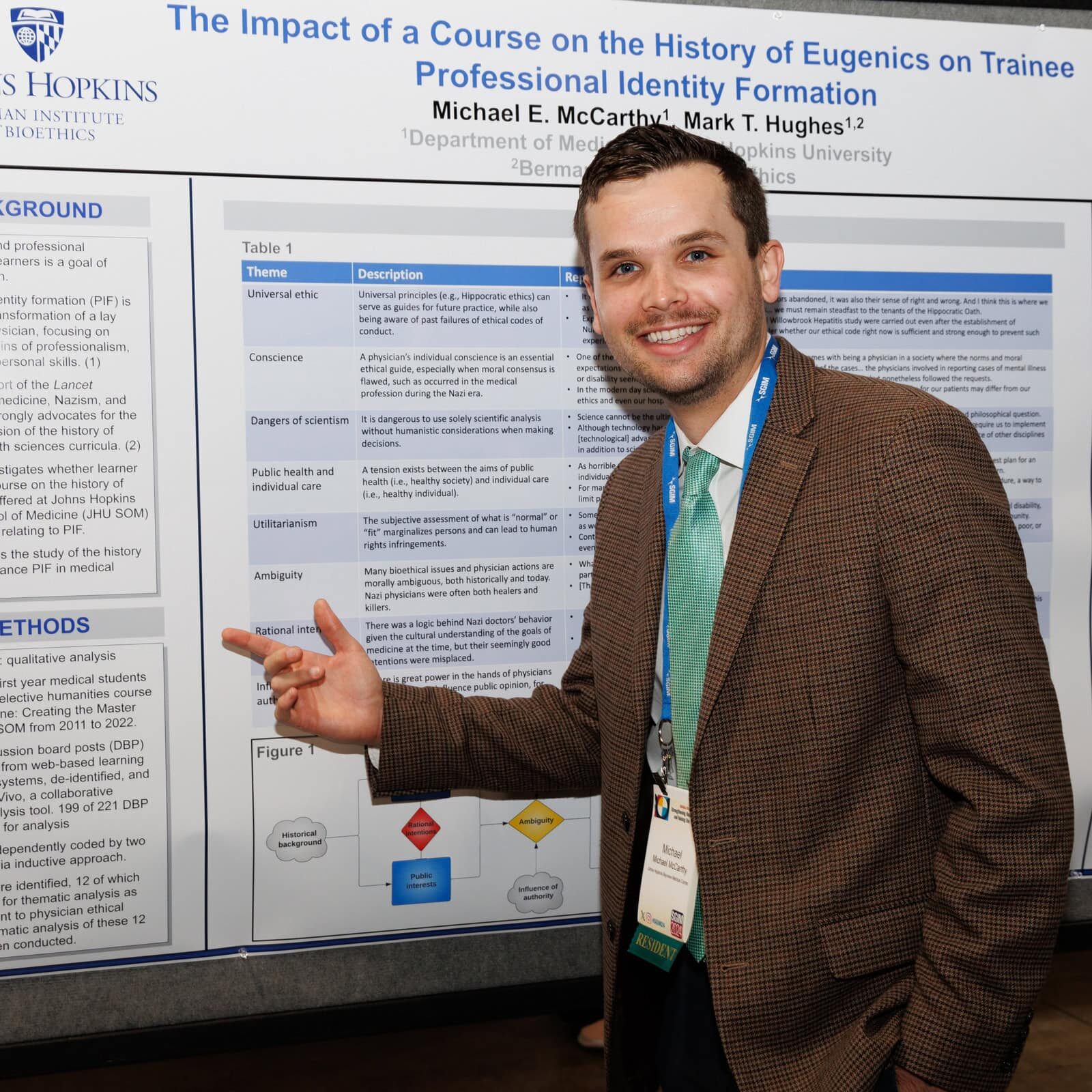All About
This Event
Individual Voices, Collective Impact: Advocating for Excellence in Academic Medicine
The 2026 SGIM Annual Meeting in D.C. highlights our role as advocates in promoting excellence in academic general internal medicine. When we utilize our individual voices to advocate for patients, trainees, areas of inquiry, and profession, the collective impact of our work has profound influence beyond local institutions and communities. By focusing on excellence in all of our roles, we can elevate SGIM’s vision of improved health for all people.
Registration Now Open
Don't miss SGIM26! Register early to secure the lowest rates before March 9.
Reserve Your Room for SGIM26
Secure your hotel accommodations for the Annual Meeting. Rooms are limited and fill quickly.
Download the Meeting App
Customize your SGIM26 experience with our mobile app and online planner.
Key Dates
Submission Dates for SGIM26
Updates, Interest Groups, and Workshops
| Name | Date |
|---|---|
| Submissions Open | August 19, 2025 |
| Submissions Close | September 16, 2025 |
| Acceptance Notices | October 20, 2025 |
| RSVP Deadline | November 4, 2025 |
Scientific Abstracts, Clinical Vignettes, and Innovations
| Name | Date |
|---|---|
| Submissions Open | October 14, 2025 |
| Submissions Close | December 12, 2025 |
| Peer Review Begins | December 19, 2025 |
| Peer Review Ends | January 8, 2026 |
| Acceptance Notices | February 10, 2026 |
| RSVP Deadline | February 24, 2026 |
Highlights
Programs for Trainees
SGIM's trainee programs include the Investing in GIM Program, offering 1st-year Fellows and Chief Residents a year of free membership, and the National Young Scholars Program, providing scholarships for medical students and residents to attend SGIM's annual meeting and develop leadership skills.

Highlights
& Topics
Thursday Plenary
Sondra Zabar, MD
Thursday, May 7
Friday Plenary
John Balbus, MD, MPH
Friday, May 8
Saturday Plenary
Kevin Johnson, MD, MS
Saturday, May 9
Distinguished Professor Series
Insights from experts on advancements in GIM
Mentoring Programs
Connect with mentors to advance your career
Updates
Didactic sessions reviewing the year's most impactful research findings
Precourses
Specialized, in-depth learning sessions
Interest Groups
Engage with peers on shared topics
Details Coming Soon!
SRF Programming
Sessions tailored for students, residents, and fellows

